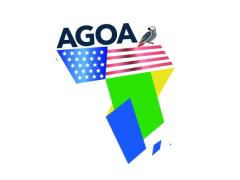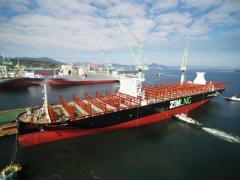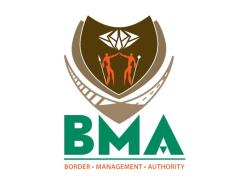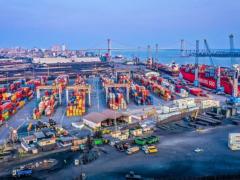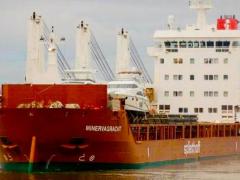Trade discounts are given by sellers from time to time – all of them being to secure a sale, while the buyer is looking for a bargain. Such discounts may be offered to attract business, they may be volume related, or due to circumstances such as end-of-line or season stock or cancelled orders being sold at a reduced price. While discounts will be attractive to any buyer, importers need to be aware that such a discount may or may not be allowed when the value of the goods is declared to Customs when making due entry of the goods. Discounts can give rise to difficulties when declaring the correct customs value. Section 66 of the Customs & Excise Act provides that the transaction value (the value to be declared) of any imported goods shall be the price actually payable for the goods then sold for export to the Republic. Logically you would think this would be the discounted price actually paid to the seller in the country of export. The Customs Valuation Guide, however, stipulates that discounts given for the following reasons are dutiable: “buyer • undertakes certain activities for or on behalf of the seller as part of the payment under the contract of sale; • the buyer provides other goods/services to a third party for or on behalf of the seller as a condition of sale of the imported goods. • a party’s relationship affects the price; • the price of the imported goods has received credits made in respect of earlier transactions.” Customs has the right to question any charge or deduction reflected on your supplier’s invoice. As such, they are well within their rights to request proof of the nature of any discounts to ascertain whether such deduction is allowable. If, for example, the discount is a trade discount allowed by your supplier to all other importers, in the ordinary course of trade under fully competitive conditions, it is not dutiable. If Customs requests proof of the discount, it should be no problem to provide the necessary proof i.e. a copy of the supplier’s price list reflecting the discount. The Agreement on Implementation of Article VII of the Geneva Agreement on Tariffs and Trade (“the Valuation Agreement”), to which South Africa is a signatory, states that “fully competitive conditions permit a contracting party to exclude from consideration prices involving special discounts limited to exclusive agents”. This is incorporated into our law by section 74A of the Customs Act. Customs can therefore include a discount in the dutiable value, if it is found that the discount was only allowed to that importer and not other importers buying the same product, under the same conditions from the same exporter. When carrying out valuation on imports, Customs is concerned with the “price actually paid or payable” which is defined in the Act as “the total payment made or to be made, either directly or indirectly, by the buyer to or for the benefit of the seller for the goods, but does not include dividends or other payments passing from the buyer to the seller which do not directly relate to the goods”. In other words, Customs is concerned with the price relating to the goods being imported. A retrospective discount is a discount which relates to a previous shipment. As it does not relate to the current shipment, it is dutiable and the amount should not be deducted from the price actually paid or payable when declaring the customs value. Importers must therefore ensure that their clearing and forwarding agents are fully aware of the circumstances in which a discount was obtained in order to ascertain whether such a discount will be accepted when determining the transaction value or value to be declared for customs purposes. The consequences of failing to do so can be serious, and given the indication in the Budget Speech that there will be additional emphasis on compliance, importers would do well to show caution.


